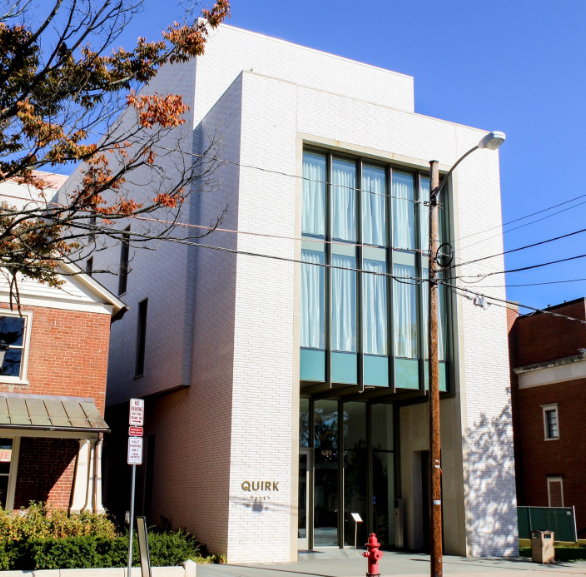Nearly a month has passed since Charlottesville City Council approved a new development code intended to increase the number of places for people to live. But the city still has several finishing touches to put in place before the code goes into effect on February 19.
One of them is the adoption of a manual to govern the various requirements for affordable housing construction.
“This manual outlines the responsibilities of developers in complying with the zoning code and the duties of city staff in ensuring this compliance,” reads a written response to questions asked at a December 21 meeting between city officials and neighborhood leaders.
The manual will also include the amount that would be paid by developers who choose not to build units below-market. City Council is expected to take up the draft on February 5.
One of the first tests of the Board of Architectural Review’s power to influence the size of new buildings could soon come with the redevelopment of 715-729 West Main. That’s the site of Mel’s Diner, a structure that’s part of the street’s Architectural Design Control District.
The BAR will hear a preliminary review of a redevelopment proposal on January 17, but no materials were made available in advance. The project could also involve 118 Cream St. and 731 West Main, since all three properties have the same owner. Specifics for the proposal will be presented at the meeting.
Under the new zoning, an eight-story building could be built by-right. The previous maximum height for this property was 52 feet.
The BAR would have to approve a demolition request, if one is made, but there are nearby precedents for historic structures to be incorporated into a new development, such as at Six Hundred West Main and the Quirk hotel.
Several people have expressed concern that the new code will encourage the purchase of homes by out-of-town investors.
“On Little High we’ve seen several cases where an investor buys a house, and it stays empty and unused for years afterward,” said a speaker at the recent neighborhood leaders meeting.
The city responded in writing, saying that steps are being taken to give more tools to people who want to buy homes to live in.
“One way the city is doing this is by supporting affordable housing programs that offer down payment assistance through the Charlottesville Affordable Housing Fund and subsidy layering for rental/multi-family development,” officials wrote.
Another person asked if the city will track people who are asked to leave rental homes because landlords decide to build newer units. (Charlottesville’s new housing program manager will have a lot on their plate.)
The city says it “will be monitoring the impact of new developments on low-income residents and will use regular data runs and reports from various sources, such as the market, [city staff], and third-party providers, to track displacements and ensure that new developments include affordable units.”
Others expressed concern about potential impacts from the decision to no longer require developers to include off-street parking. The city’s response is that market conditions will dictate they be built to satisfy customers and that a parking study will be initiated to see if the city’s on-street permit parking program should be expanded.
